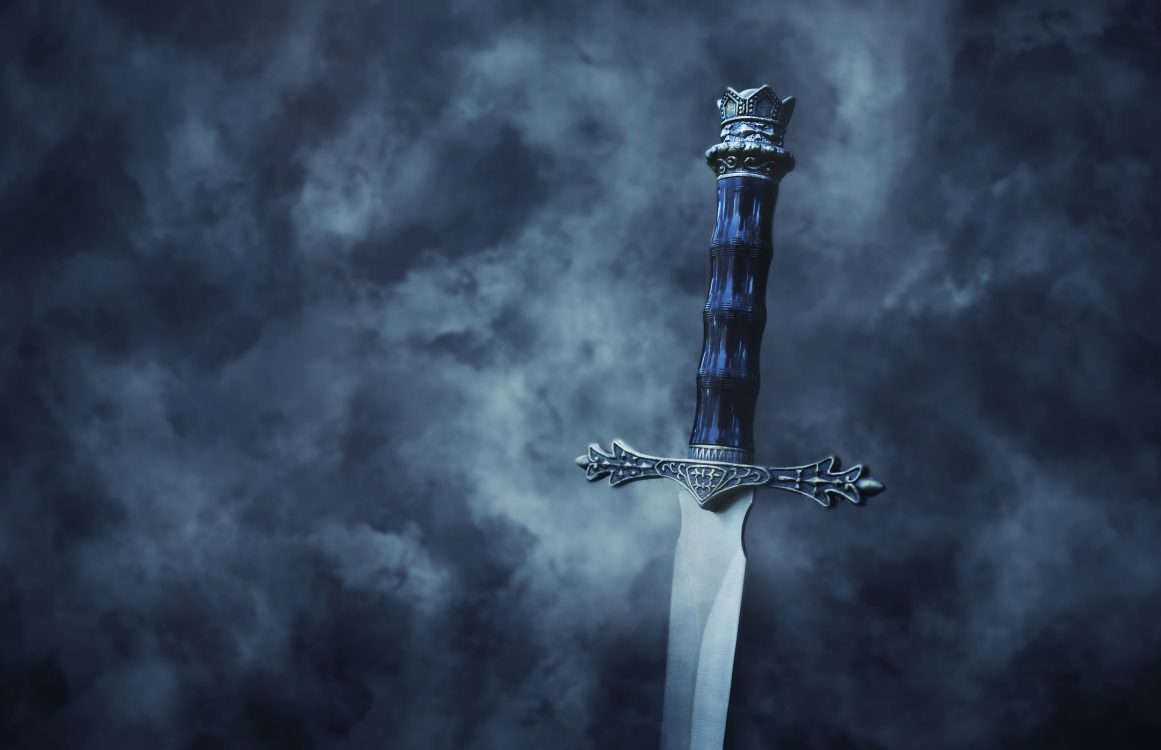
Read time: 4 mins
Well it’s May and winter is finally here. And no, I’m not talking about the weather, despite the month starting off slightly colder than usual.
Unless you’ve been hiding away from the internet, TV, radio and pretty much any other kind of media for the last five plus weeks (and if you have, welcome back! You’ve missed a LOT) then like most people you’ll be well aware that Game of Thrones has returned and we’re on the home straight to the final episode of the TV phenomenon.
As the show has now come to an end, I’ve looked at how Game of Thrones brought back something that many thought was in the past, how it’s created entire communities online and how clever brand associations have created partnerships on a program that makes product placement near-impossible.
Back in 2011 when Sean Bean as Ned Stark, in a role that you just feel he was meant to play, warned “winter is coming”, the way we interacted with TV and social media was quite different to now. Since then the rise of streaming services like Netflix have grown rapidly with no sign of slowing down and the way we engage with TV from an online perspective has also changed.
Most people now don’t think anything of tweeting, posting updates on Facebook and going live on Instagram during a show – especially if something major happens, as is prone to happen on Game of Thrones. Eight years ago, that just wasn’t the done thing to do, you may get an actor or director from a show live tweeting, but not your average fan.
Meanwhile in Westeros, the seasons built in scope as the audience increased, as did the online traffic associated with the show. The programme grew with a huge ensemble cast, fantastic sets, and budgets – so much so that the episode “The Long Night” reportedly featured the longest battle for film or TV.
As the show gained in popularity, so did the online audience around it. There are the more hardcore fans that have created dedicated blogs and those that regularly post reviews and commentary while the rise and rise of social media has also given a voice to the more casual fan as just a quick search on Twitter brings up hundreds of thousands of tweets where you can read people voice their opinion on the latest episodes.
It’s also created so many stories in well-respected publications like The Telegraph, The Guardian, The Times and more that what happened in each episode has genuinely become news.
Online platforms have also played a part in the longevity of the show. Social media has meant that moments, slogans and phrases from the show have had an afterlife far beyond the episode they aired in. “You know nothing Jon Snow” was first said back in 2014 if you can believe it or not! All of this has helped the show become part of the pop culture lexicon in a way that very few have before it few will post-Thrones.
Alongside the unprecedented online stream of cross-platform, fan-generated content, Game of Thrones, and the final season in particular, has also managed to bring back something that the invention of streaming services such as Netflix and Amazon Prime had nearly put pay to – the idea of ‘event TV’.
The show has an ability like no other to make people sit down on a Monday evening (or Sunday if you’re in North America) to make sure that you don’t miss what happens next. The episodic nature and the fact that you can’t just binge the latest series in one go the way you can with other programs means that a Monday night is appointment viewing. And if you don’t manage to catch it on the Monday, good luck on avoiding spoilers online or in the office the next day.
I’m sure many of us can relate to catching up with colleagues on a Tuesday morning as we all give our own opinions on what happened the evening before. Shy of huge sporting events like the World Cup and Wimbledon, there are very few moments that have the ability to make life pause for a moment as we catch up on what exactly just happened. It’s a legacy that many think will be felt for a long time and for lots of us will leave a noticeable hole in office conversation.
For a programme that is set in a fictional historical world, you’d think Game of Thrones would struggle for brand association. However, this season has proven that to not be the case. Apart from THAT moment with a coffee cup (and no, it wasn’t a Starbucks cup) you can’t exactly put an expensive watch on an actor’s wrist, laptop in a character’s hand or fill a character’s kitchen with branded items (something that House of Cards was infamous for doing during its peak). However, there were some particularly eye-catching brand collaborations as this season creeped closer and closer, with the Johnnie Walker ‘White Walker’ and Adidas Ultraboost being two standouts. All of the above have shown that brands have had to get creative if they want to be associated with one of the biggest TV shows in history.
Regardless of what happened in the final episode of Game of Thrones (no spoilers here!), it’s a show that has undoubtedly left a legacy and an impact that will be felt for years to come. It’s a generational show that has altered our expectations for TV programmes. And our view on what happens in the end? To quote Ramsay Bolton: “If you think this has a happy ending, you haven’t been paying attention.”